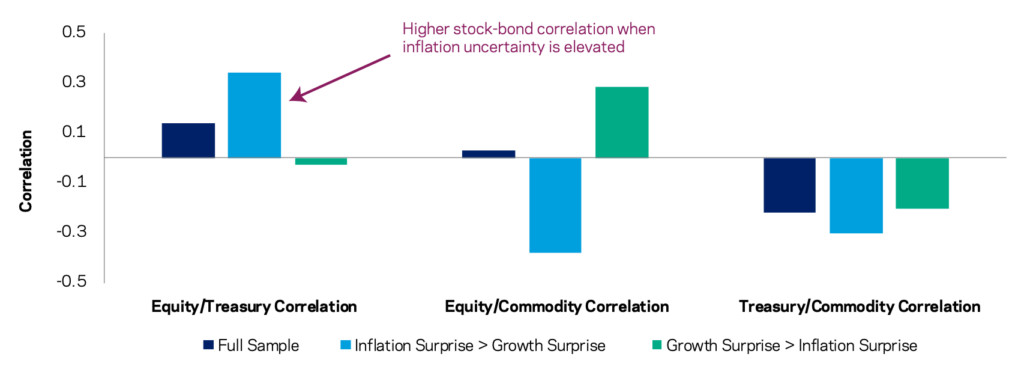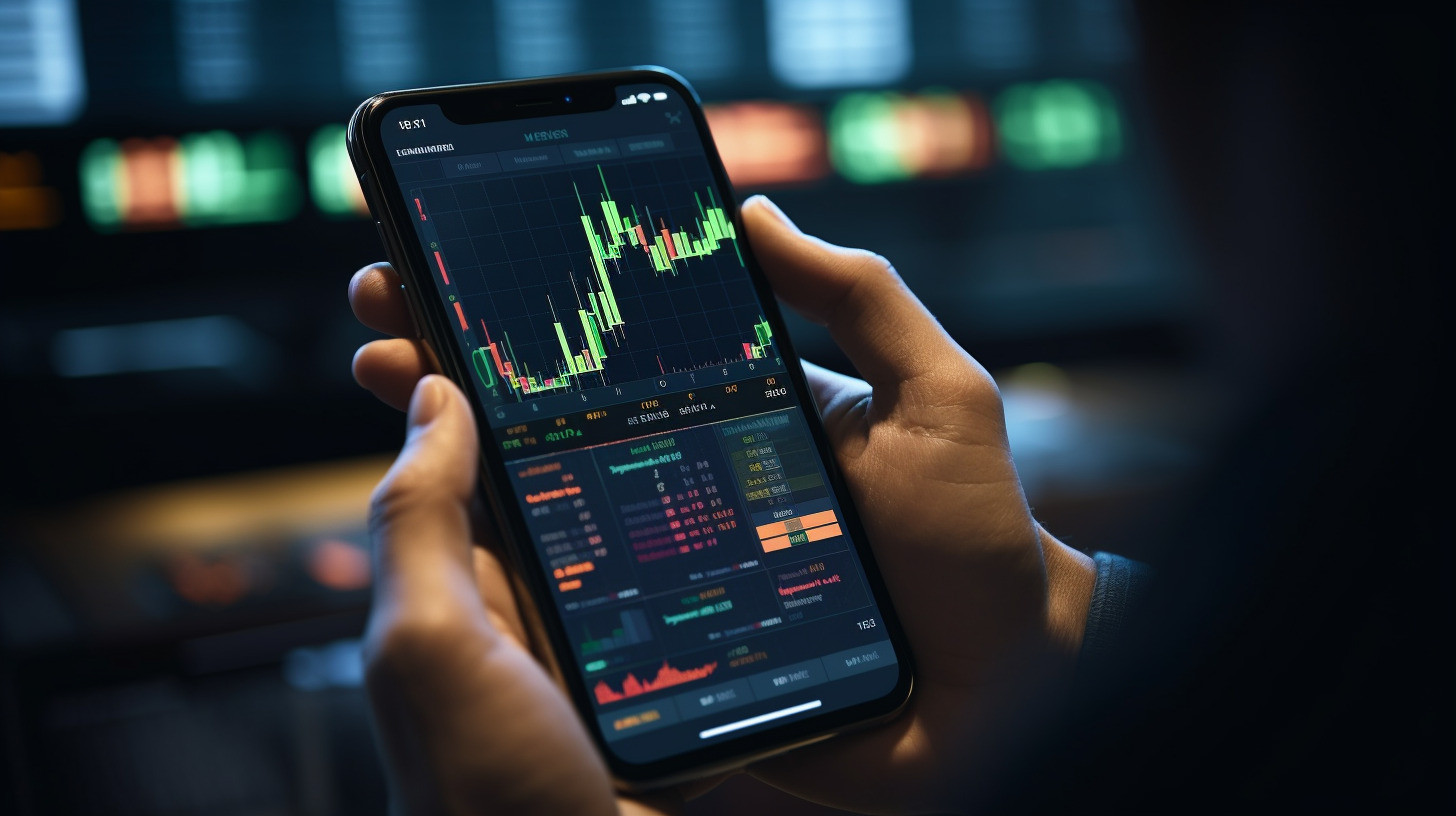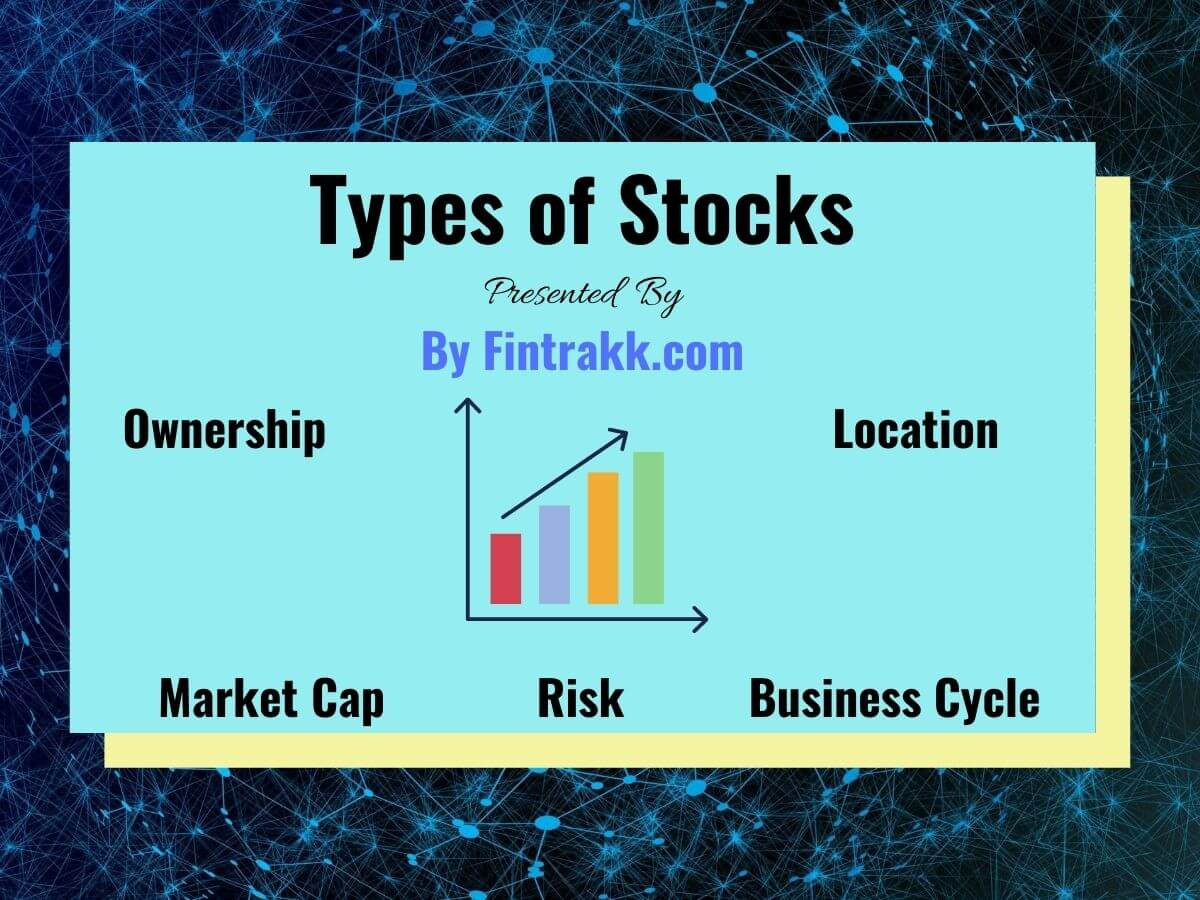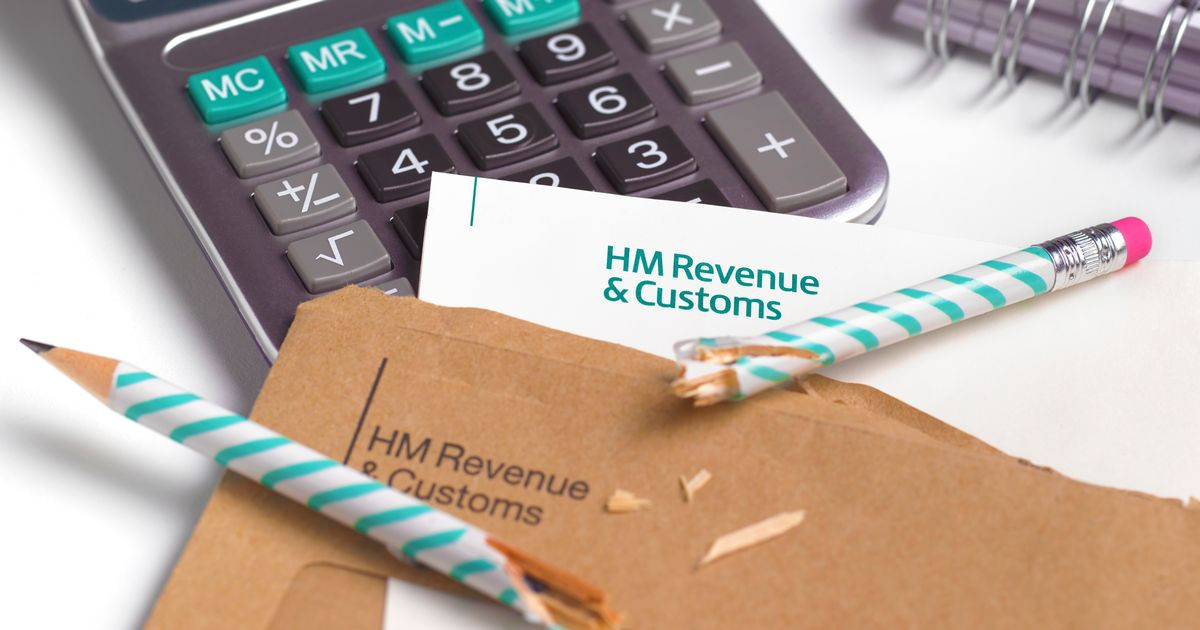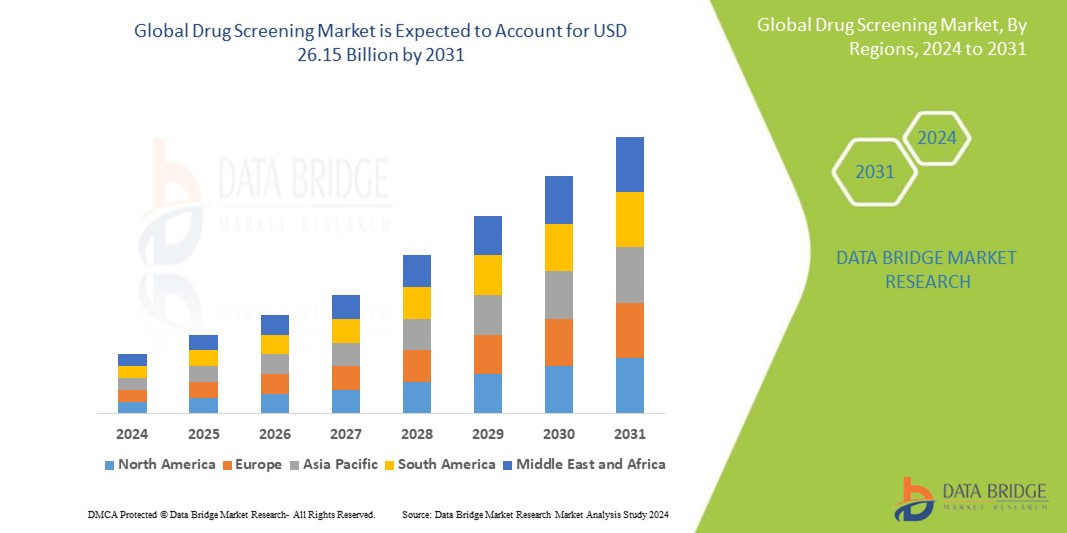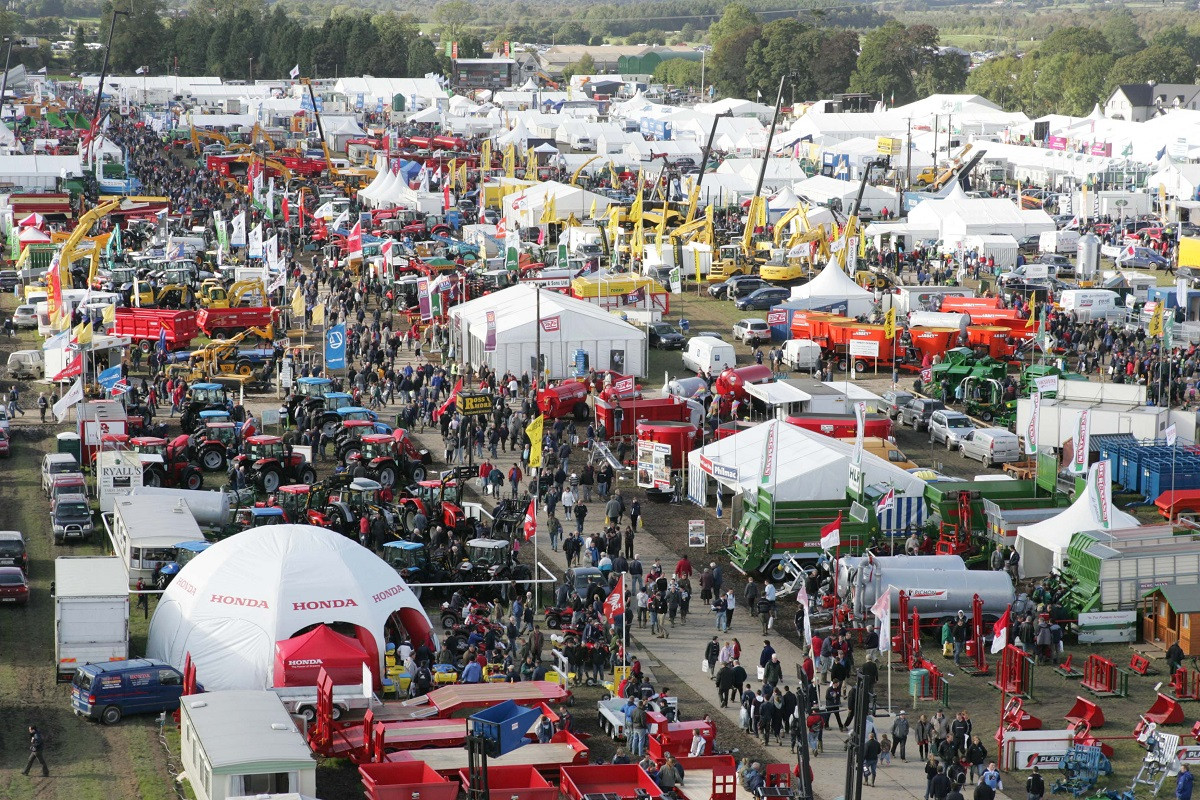Defensive Stocks In An Expensive Market
Any way that you cut it, the Australian market is looking expensive. The ASX 100 is trading on a forward price-to earnings ratio (PER) of 18.6x, well above its 10 year average of 15.5x. This is while earnings growth looks muted over the next 12 months.
Earnings from resources have dipped sharply in recent years, while those of industrials have held relatively steady. The hope for resources is that stimulus from China can kickstart a renewed earnings upcycle—though that remains just a hope for now.
There doesn’t appear to be many places to hide, either. Valuations appear steep across most sectors.
While the mining and energy sectors are cheaper than the market, they deserve to be given their sensitivity to commodity prices. Banks appear very expensive, while ‘growth’ stocks are priced in another stratosphere.
There are times when it’s best to play offence in investing, and other times when defence is called for. Right now appears to be one of those moments when defence should be the priority.
To that end, I’ve put together a list of 10 defensive ASX stocks to own for the long term (5-10 years). Let’s go through the criteria I used to create the list:
Criteria For Choosing Defensive ASX Stocks
- Strong Track Record - I want to see businesses that have proven their chops over a long period. This includes a focus on strong and consistent earnings growth, and the ability to generate good returns on invested capital.
- Sustainable Competitive Advantage - I'm looking for companies that have a competitive edge in their industry, which can be anything from brand recognition and customer loyalty to exclusive licences and intellectual property. This helps them to weather tough times and maintain their market share.
- Low Debt Levels - I prefer companies with low levels of debt, as this makes them less vulnerable to rising interest rates and economic downturns. They are also better positioned to invest in their businesses and fund future growth.
- Reasonable Valuation - I'm looking for businesses that are not overly expensive, but are also priced attractively relative to their growth prospects. This is essential to ensure that investors are not overpaying for the company's future earnings.
- Strong Management Team - I'm looking for companies with experienced and competent management teams, who have a clear vision for the business and a track record of success.
- ESG Factors - I'm also considering ESG factors, as these are becoming increasingly important to investors. This includes things like a company's environmental record, its treatment of employees, and its social responsibility.
Exclusions From The List
It’s an extensive list of criteria, though necessary given the purpose is to find the best defensive businesses for the long term.
Some of the exclusions from my list may be controversial, so let’s first go through these:
- Retirements - I’ve excluded some companies that are facing significant challenges in their business, such as rising input costs, competition, or regulatory headwinds. These companies may be able to overcome these challenges, but they are not defensive stocks in the traditional sense. I’d rather invest in companies that are in a better position to thrive in a challenging market. For example, I have excluded Telstra (TLS) from my list as it faces significant competition from new entrants in the telecommunications market. Its business is also being disrupted by the rise of streaming services, which are putting pressure on its traditional TV and broadband offerings.
- Overreliance on One Customer - I have also excluded companies that are overly reliant on one customer or a small number of customers, as this can expose them to significant risk. For example, I have excluded several property companies from my list, as their earnings are highly dependent on the performance of the Australian property market, which is currently facing headwinds. I’d rather invest in companies that have a more diversified customer base.
- High Debt Levels - I have excluded companies with high debt levels, as this can make them vulnerable to economic downturns and rising interest rates. For example, I have excluded several banks and retailers from my list, as they have taken on significant debt in recent years, which can make them vulnerable to rising interest rates.
- Valuation Concerns - I have excluded companies that are currently trading at a high valuation, as this can make it difficult to justify their future growth prospects. For example, I have excluded several technology companies from my list, as they have experienced rapid growth in recent years, but their valuations have become inflated as a result. I’d rather invest in companies that are trading at a more reasonable valuation.
- ESG Concerns - I’ve also avoided some companies that have poor environmental, social, or governance (ESG) track records, or that are facing significant ESG-related risks. For example, I have excluded several mining companies from my list, as their operations can have a negative impact on the environment and local communities. I’d rather invest in companies that are committed to sustainability and social responsibility.
Top 10 Defensive ASX Stocks
Here is the list:
- ASX Ltd (ASX) Stock exchanges are incredible businesses. They are essentially like gatekeepers to trading securities. That makes them asset light, high return, and durable businesses. There are avenues for growth via data and technology too. ASX Ltd has had its issues in recent years, all self-inflicted. With a replacement for its clearing system shelved after many years of delays and cost overruns, ASX has endangered one of the key sources to its competitive edge: a supportive regulatory environment. However, it isn’t a mortal blow, and relations with government should be repaired in time, helping the company to retain its various monopolies in capital markets for decades to come.
- Auckland International Airport Ltd (AIA) Airports are generally fantastic businesses as they’re often monopolies with pricing power. With Sydney Airport no longer listed (a shame), Auckland International Airport is the next best thing. It relies on airport traffic and more broadly, New Zealand being a destination that people want to visit. The stock has significantly underperformed of late thanks to a recent $1.4 billion capital raise to fund a large upgrade of airport facilities. This significant investment will dampen cashflow for several years. Much of this is now in the price and it offers the chance to buy superb assets at a reasonable valuation.
- Aurizon Holdings Ltd (AZJ) This one is subject to debate. I like rail assets. Rail has an enduring cost advantage over road transport for bulk commodities. The downside of the industry is that it requires huge investment, and that limits returns on capital. With Aurizon, it’s also over-reliant on coal. However, this reliance will reduce over time, and should hopefully be less of a concern. The company is inexpensive and has a nice dividend to boot.
- EQT Holdings Ltd (EQT) EQT is one of the two big players in trustee services. The other is Perpetual, which recently sold its corporate trust and wealth divisions to KKR. EQT has been around for 135 years and is exceptionally well connected, with a who’s who of people who’ve served on its board. It also benefits from tailwinds of growing wealth in Australia and an ageing population. It’s a keeper.
- James Hardie Industries PLC (JHX) Since it pioneered the development of fiber-cement technology in the 1980s, it’s dominated the fiber-cement siding category for houses in the US and Australia. It has a long runway of growth and a sustainable edge based on brand and scale that should keep competitors at bay, resulting in above average returns for years to come. After a good run over the past 12 months, the stock isn’t unreasonably valued, though isn’t cheap either. Ideally, I’d like to buy it at a lower price.
- Medibank Pvt Ltd (MPL) With an ageing population, higher demand for healthcare will put pressure on the public health system. That makes private health insurers such as Medibank attractive propositions. The stock has two headwinds. It operates in a heavily regulated industry where premium increases must be approved by government. There are also growing calls for fund model changes for private hospitals, which could impact insurers like Medibank. This is something to keep a close eye on.
- Qube Holdings Ltd (QUB) Qube is a consolidator of the domestic port logistics industry. Competitors are typically small operators with limited geographic scope offering limited point-to-point services for the export and import of containers, bulk products, automobiles, and general cargo. Qube has built or acquired an asset network across more than 200 locations. The business has achieved respectable mid-single digit EPS growth over the last decade, yet heavy capital investment has pressured returns on capital. Currently, Qube has a big investment into projects that haven’t fully ramped up, though should start paying off soon. At its recent result presentation, management said that they’re on track to hit their 10% return on capital employed target and are confident enough to upgrade the target to 12%+ over the medium term.
- SkyCity Entertainment Group Ltd (SKC) How can I pick a casino operator after the recent shenanigans at Star and Crown? Well, SkyCity has long dated and exclusive licences in Auckland and Adelaide. Unless they operate in the reprehensible ways of their competitors, their monopoly assets should continue to generate nice, long-term returns. It also helps that SkyCity is less reliant on VIP customers than Star and Crown, and therefore has more defensive earnings. The stock has had a rough ride, though looks great value at the moment.
- The Lottery Corp Ltd (TLC) The company has a near-monopoly on long-dated licences across all states and territories, except Western Australia. Though it’s a mature business, it has considerable pricing power and should deliver steady and sound returns for a long time to come. At 17x Enterprise Value to Ebitda (EV/Ebitda), the shares look decent value.
- Washington H Soul Pattinson & Co Ltd (SOL) This is a family-owned conglomerate that’s proven its chops over a long period. It has large stakes in Brickworks, TPG, and New Hope Corporation. All these companies are operating in industries which have had cyclical downturns over the past few years, which should ease and drive better earnings in coming years. Soul Patts is also expanding into exciting areas such as aged care. The company’s edge comes from its investing prowess. The risk is that Robert Millner isn’t getting younger and those that follow may not be as canny. However, the management team he’s put in place appears capable of handling the company when he retires.
Conclusion: A Defensive Approach In A Volatile Market
These 10 ASX stocks are all relatively cheap and have good earnings potential. They are not necessarily the stocks that will produce the highest returns over the next 12 months, but they should provide steady and reliable income for investors over the long term. In a volatile market, I believe that these defensive stocks will continue to thrive, providing investors with peace of mind.




